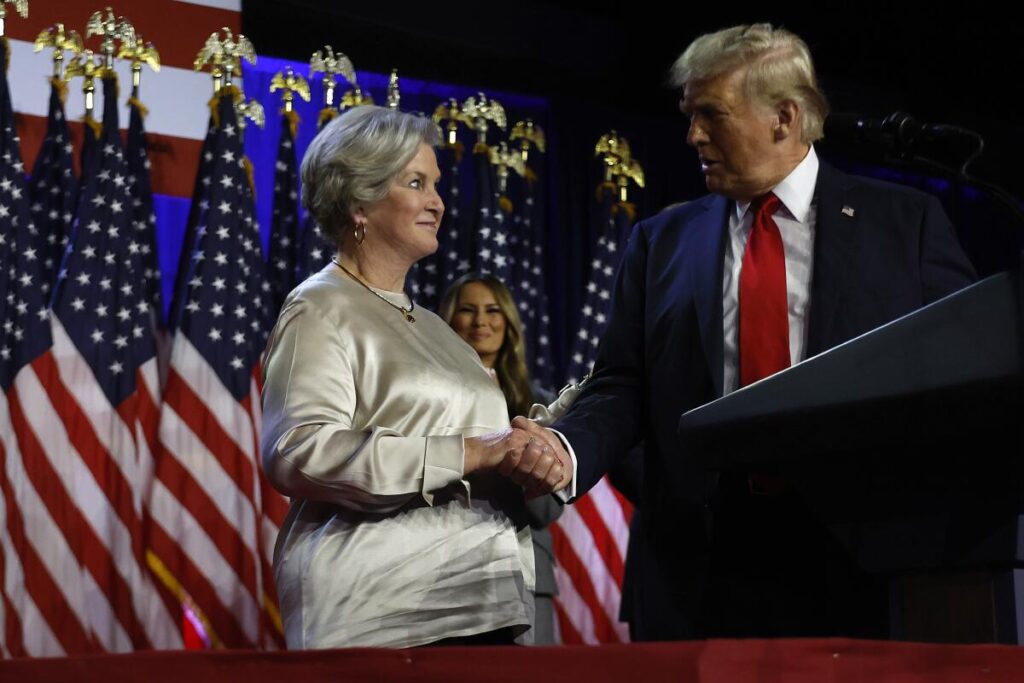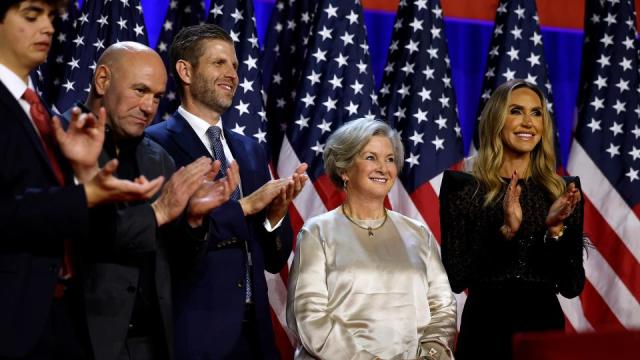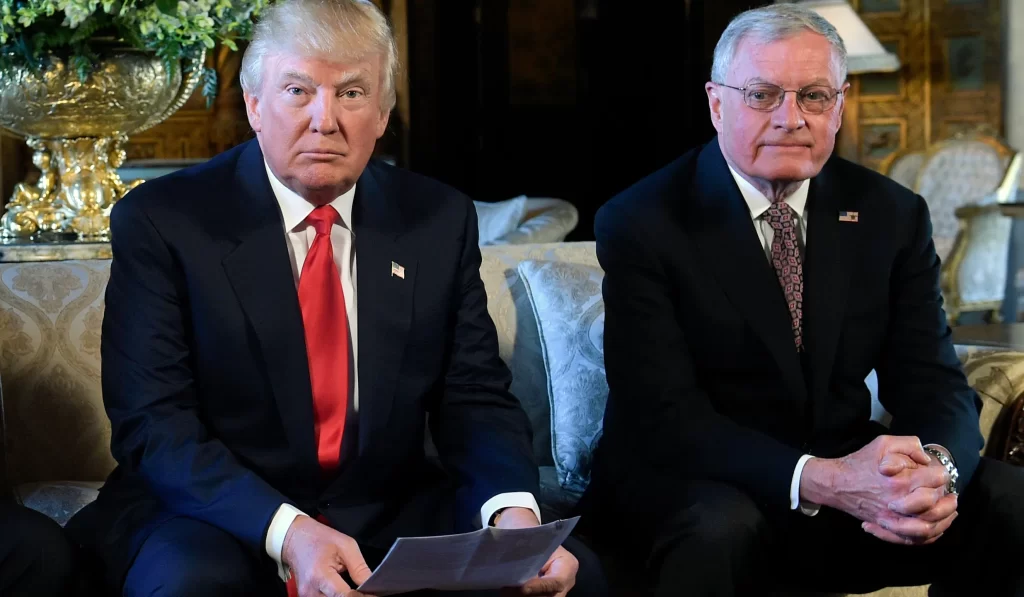President-elect Donald Trump’s transition team is implementing unprecedented loyalty screening for potential administration appointees, reflecting hard lessons from his first term when key officials frequently opposed or slow-walked his most controversial initiatives.

“President Trump has publicly said that he’s learned from his first term,” conservative attorney Mike Davis, a frequent Trump adviser, told Reuters. “Political appointees require both competency and loyalty. You can’t have just one or the other. You need both.”
The vetting process includes forensic examination of candidates’ past statements and political donations, even for deputy and assistant secretary positions, according to two people involved in the transition effort. Researchers are scrutinizing whether potential appointees have criticized Trump or donated to his critics, including Republicans who have opposed him.

The emphasis on loyalty follows Trump’s contentious relationships with former officials like John Kelly, who recently called him a “fascist,” and John Bolton, who has questioned his intelligence. Trump’s second defense secretary, Mark Esper, revealed in his memoir that he talked Trump out of bombing Mexican drug cartels, while Trump suggested his former Joint Chiefs chairman Mark Milley should face treason charges.
“Before asking me for help, I am going to ask you to provide me specific and concrete evidence of your loyalty to Trump,” Davis posted on X. “If you cannot provide a lot of that, stop asking me.”

The attorney general position holds particular significance after Trump fired his first appointee, Jeff Sessions, for not shutting down Russia-related inquiries, later calling the hire his “biggest mistake.” Trump supporters say a more loyal Justice Department leadership would face less resistance to his campaign pledges to investigate political opponents, including President Biden.
“Instead of making sure agencies and law enforcement have the best and the brightest with the resources they need, Trump and his cronies are looking to dole out job offers to loyalists who will put Trump ahead of the American people,” Democratic National Committee spokesperson Alex Floyd said.
Howard Lutnick, Trump’s transition co-chair, told the Financial Times appointments would be based on “their capacity — and their fidelity and loyalty to the policy, as well as to the man.” The approach contrasts with traditional cabinets that often include various party factions, with Vice President Harris having pledged to appoint a Republican if elected.
Trump has already demonstrated his approach by ruling out returns for former UN Ambassador Nikki Haley and Secretary of State Mike Pompeo, who have criticized aspects of his conduct and policies despite recent attempts at reconciliation.



